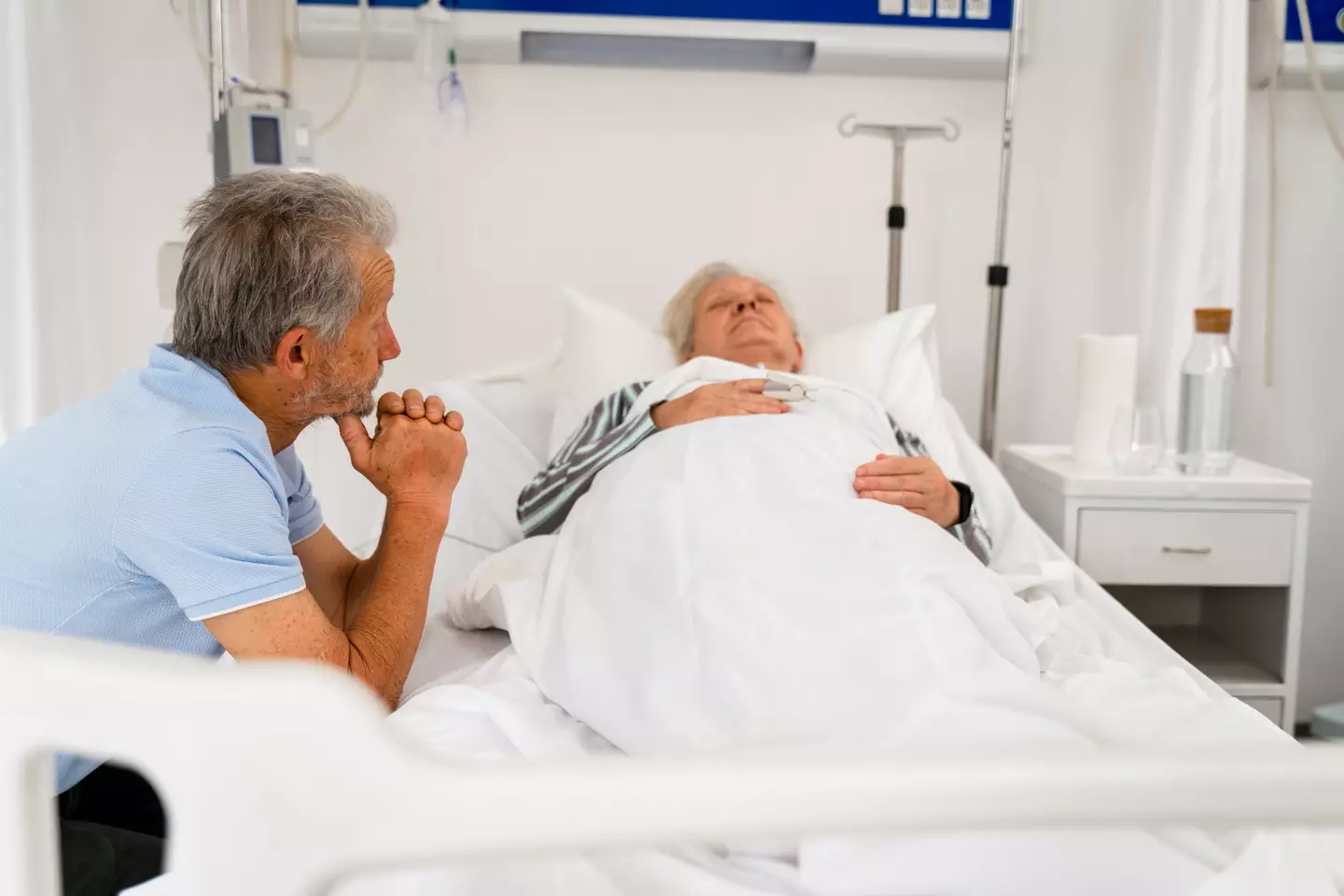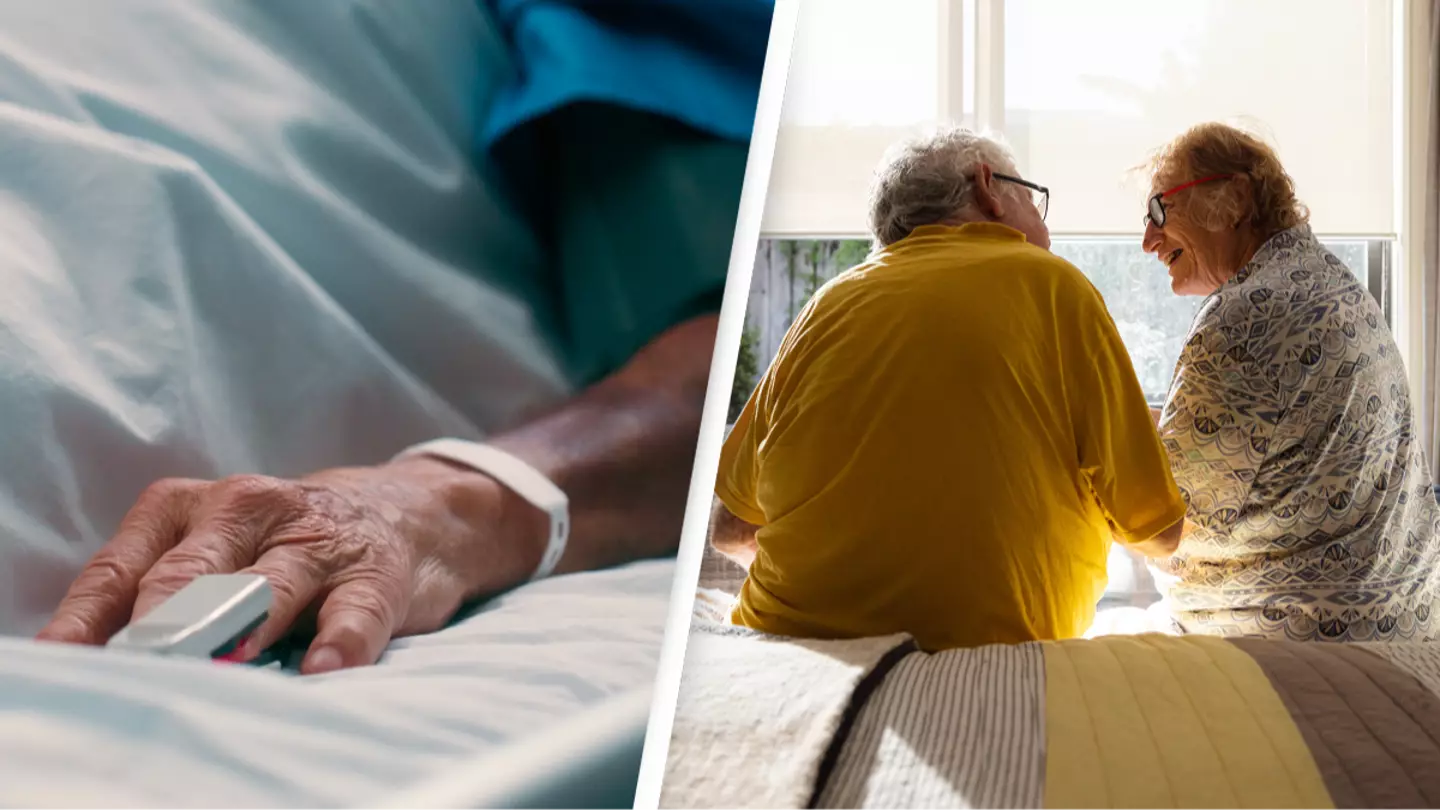A medical specialist has outlined the critical indicators that suggest someone might be approaching death within months or even days.
Although it is never easy to discuss with a friend or loved one, recognizing the signs of impending death can help you be better prepared.
Physician Carol DerSarkissian has evaluated Web MD’s list of symptoms that suggest a person may be nearing the end of life.
These symptoms can vary significantly depending on the age of the individual who is approaching death.
Common signs among the elderly include frequent napping and reduced food and drink intake, but these indicators might differ for younger individuals.

Interestingly, younger people and children may become more talkative, which might seem counterintuitive.
However, as revealed by an end-of-life nurse, approximately one-third of patients experience what is known as the ‘rally’ on their deathbed.
Elaborating on the ‘rally,’ Julie, known as ‘Hospice Nurse Julie’ on YouTube and TikTok, stated: “This is when someone is looking really sick, almost close to actively dying, and then suddenly, they get better.”
In terms of more typical symptoms, Web MD notes that an individual might also feel perpetually exhausted and remain bedridden.
Other common signs include changes in appetite, heart rate, bowel movements, and breathing patterns. Those with terminal illnesses may also experience increased pain as they near the final stages of life.
Confusion and even hallucinations can occur, and experts in palliative care emphasize the importance of having loved ones present during this time.

Another indication of impending death is the appearance of ‘bluish-purple’ skin around the knees, feet, and hands.
According to the terminal illness charity Marie Curie, “They may not respond when people talk to them or touch them. Even if someone does not respond to you, they may still be able to feel or hear you and be comforted by you being there.”
Marie Curie’s website also advises the loved ones of terminally ill individuals not to stress over when to say goodbye, but rather to ‘do what feels right for you.’
“Some people get worse more quickly than expected. So if there is something you want to say to your family member or friend, it’s important to say it,” the charity advises.
If you have experienced a loss and need to talk to someone confidentially, contact Cruse Bereavement Care via their national helpline on 0808 808 1677.

